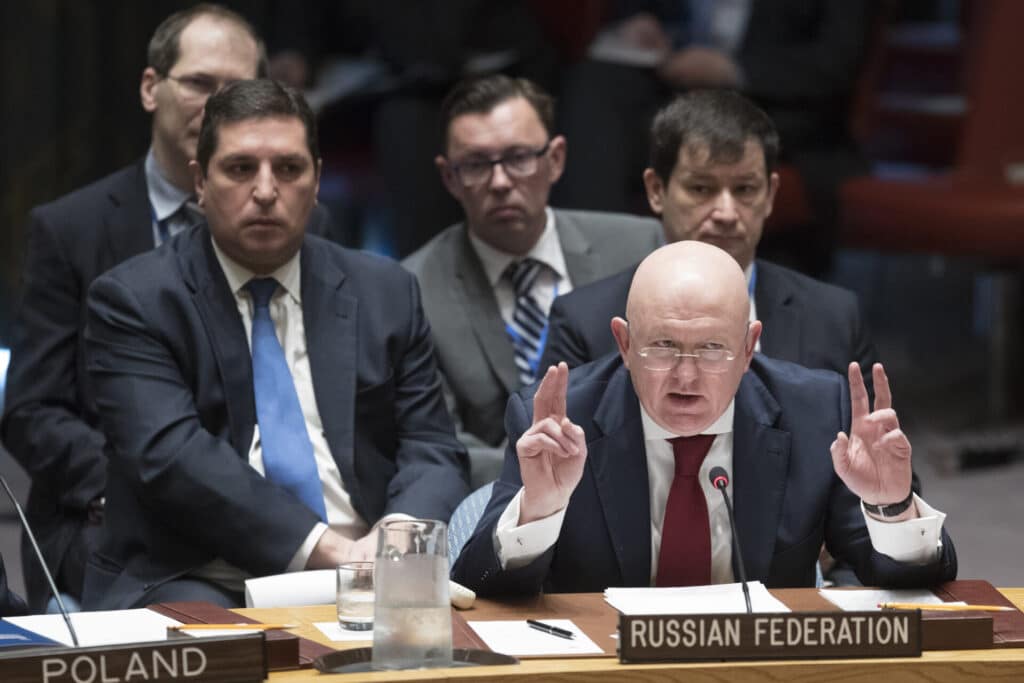Matthew Bunn

Russia's claims have been widely dismissed. Nevertheless, Russian spokesmen are continuing to press the narrative. (See, for example, the November 8 statement from Anatoliy Antonov, Russia's ambassador to the United States, which slurs together with the dirty bomb theme a variety of other false claims about Ukraine.) It seems worthwhile, therefore, to debunk Russia's claims in detail.
The generally poor technical quality of the letter is surprising, given that Russia has many smart technical experts who have done credible analyses of the real "dirty bomb" threat (which is mainly from non-state terrorists, not from states). That Russia demanded a Security Council meeting to discuss its brazen lies about Ukrainian dirty bombs, and then didn't bother to assign anybody who knew what they were talking about to draft the letter, appears to reflect a deep contempt for the Security Council and its processes.
The obvious question is: why? What objective does the Russian government hope to achieve with these claims? Is it just to make Ukraine look bad and weaken its international support? Is it preparation for a "false flag" operation, in which Russia would use a dirty bomb itself and blame it on Ukraine? Would such an operation perhaps be used as a pretext for Russia to use nuclear weapons?
Whatever the purpose, why not assign people who would write a competent and plausible letter?
No comments:
Post a Comment